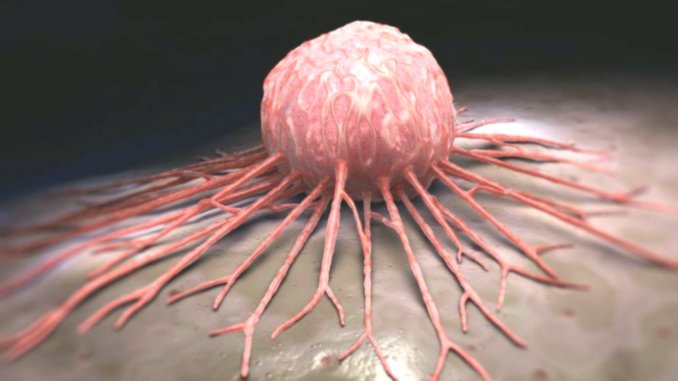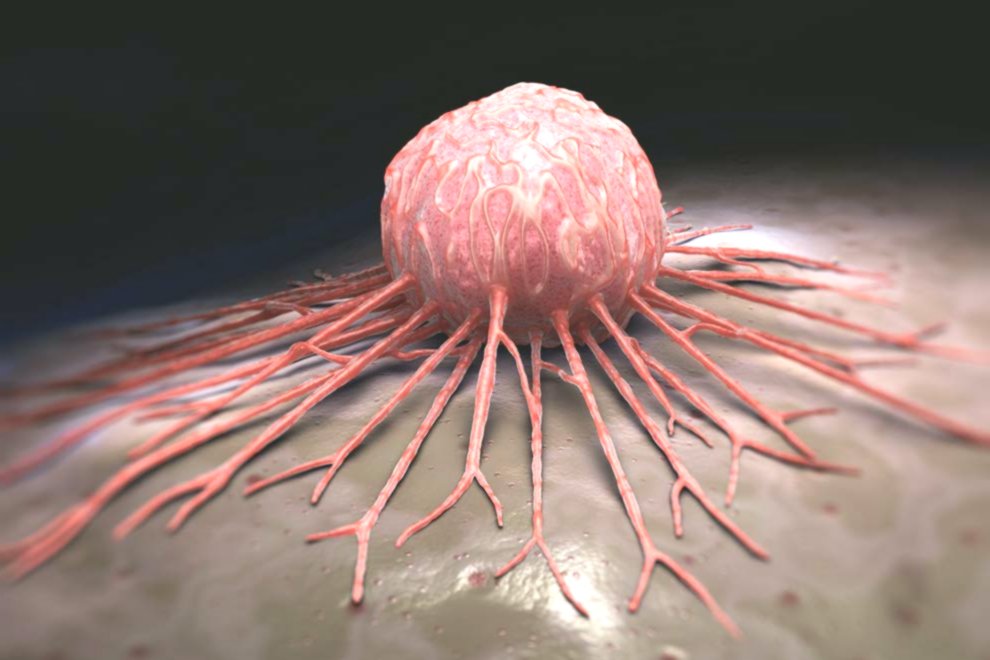
The multiple myeloma is a specific type of hematological cancer and affects plasma cells derived from B lymphocytes, and which are produced in the bone marrow to improve the response of the immune system to infections. When these cells copy themselves and grow disorderly, they malignize and form a tumor usually located inside the bone that is known as plasmacytoma. The denomination of multiple myeloma is given to the existence of several plasmacytomas.
This type of cancer has different consequences for the body. The first one can be noticed when performing a blood count, since the red blood cell count is lower than normal, and may even cause anemia. Platelet numbers are also below normal (thrombocytopenia), which favors the appearance of cardinals or bruises on the skin and increased bleeding from wounds. Finally, in some cases there is also a deficit of white blood cells or leukocytes (leukopenia).

On the other hand, abnormal plasma cells make the immune system’s responsiveness in the presence of microorganisms not adequate, so that patients with multiple myeloma are more likely to suffer from infectious diseases.
Bone metabolism is also affected, so that the old bone tissue is removed without being replaced by a new one, which directly affects greater fragility of the bones and a significant increase in the risk of fractures.
In addition to all this, multiple myeloma can damage the kidneys to the point of being able to cause renal failure, and cause other pathologies such as monoclonal gammopathy, light chain amyloidosis, etc.
Treatment
It is very common that the diagnosis of multiple myeloma occurs casually in a routine review, since initially it rarely produces symptoms and this disease is of long evolution (between 5 and 15 years), presenting a characteristic course of remissions and relapses . It is very difficult to cure, but proper treatment can facilitate disease control, unless important complications arise.
The treatment to follow depends on different factors, many of them related to the degree of evolution of the disease at the time of diagnosis: age, bone involvement, kidneys, etc., if you have recently suffered a bone fracture, if there is anemia …
Many patients do not need treatment in the initial phase, since they retain the functionality of the organism and do not show significant signs of the disease. However, when there is kidney damage, there is a risk of fracture, anemia, blood calcium levels are high or there are other associated diseases. Treatment should be started immediately.
As in other types of cancer, chemotherapy, radiotherapy and surgery are an important part of the treatment. But these patients are also currently treated with an autologous stem cell transplant to improve the degree of response to chemotherapy.